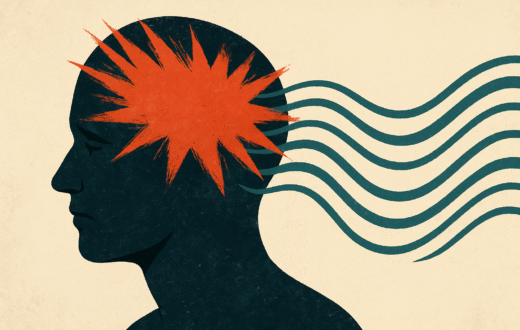Scientists Identify Brain “Glitch” That Fuels Overeating

Researchers have uncovered a cluster of neurons in the brain responsible for storing “meal memories” detailed recollections of when and what we eat. Published in Nature Communications, the study shows that disrupting these meal memory neurons can lead to overeating, offering insights into potential new strategies for managing obesity and eating disorders.
These specialized neurons, located in the ventral hippocampus, generate what are called meal engrams—biological traces that encode food-related experiences, including the time and setting of meals.
“A meal engram functions like a neural database, storing detailed information about your eating experience,” explains Professor Scott Kanoski, lead author from the University of Southern California.
Why This Matters
People with memory impairments, such as those with dementia, often overeat because they forget they’ve recently had a meal. Likewise, distracted eating (like eating while scrolling or watching TV) may weaken these engrams, making it harder for the brain to “log” the meal properly.
The study found that rats formed these engrams during natural pauses between bites, moments when the brain processes contextual information. When attention is disrupted, engrams become fragmented or incomplete.
“The brain fails to encode the meal properly,” said Dr. Lea Decarie-Spain, co-author of the study, “which can lead to a false sense of continued hunger”.
How It Works
Using advanced imaging tools, scientists monitored how meal memories formed in real-time. When they damaged the hippocampal meal memory neurons, rats forgot the locations of meals but retained other kinds of memory, proving this is a specialized memory system.
These neurons also communicate with the lateral hypothalamus, a region that controls hunger. Disrupting this connection caused rats to overeat, highlighting the link between memory and appetite.
Implications
This discovery could reshape how we treat obesity. Rather than focusing only on food quantity or calorie restriction, therapies might aim to strengthen meal-related memory formation, helping the brain “remember” satiety more effectively.





